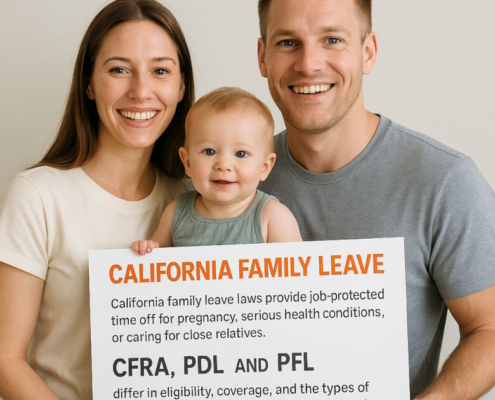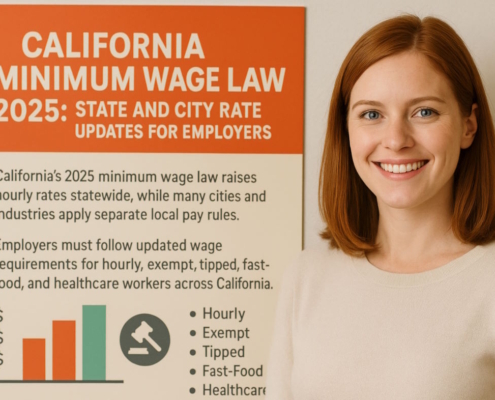How long does an employer have to hold your job while on FMLA?
In accordance with the Family and Medical Leave Act (FMLA), employers are required to maintain employment for individuals on medical leave for a maximum of twelve weeks within a twelve-month season.
In addition to medical care, people typically have to worry about things like work and financial stability when they’re sick. Many people wonder how long a company must keep an employee on the payroll while they are out sick.
The FMLA, or Family and Medical Leave Act, is essential to this debate because it protects workers’ rights when they take time off due to illness or injury. The following is a brief explanation:
The Family and Medical Leave Act (FMLA) guarantees certain workers the right to twelve weeks of unpaid leave every year, up to a maximum of twelve weeks. This means that employees who are away on medical leave can go back to their old jobs or ones that are similar when they return, without fear of retaliation from their employers.
The Family and Medical Leave Act (FMLA) guarantees workers’ rights to continue receiving their health insurance benefits even when they are out on leave, so they need not worry about losing access to critical medical treatment.
Factors to Consider for Employers and Eligibility
The Family and Medical Leave Act (FMLA) lays the groundwork, but there are particular eligibility requirements and employer factors to consider:
Workers must satisfy certain conditions in order to be eligible for Family and Medical Leave Act (FMLA) protections. These include, but are not limited to, working for an eligible employer and meeting tenure requirements. You can stay in compliance with FMLA regulations by learning the ins and outs of eligibility.
Under the Family and Medical Leave Act (FMLA), covered firms are required to provide their employees with health benefits and as many as 12 weeks of unpaid leave per year. To further promote continuity and equity, businesses must restore returning employees to their previous positions or ones that are substantially similar.
Last but not least, the Family and Medical Leave Act (FMLA) guarantees eligible workers as many as twelve weeks of unpaid leave without losing their jobs. Make sure you prioritize your health and well-being without sacrificing your professional security by getting to know the FMLA requirements, being proactive with employers, and seeking knowledgeable assistance when necessary. This will help you manage medical leave with confidence.































